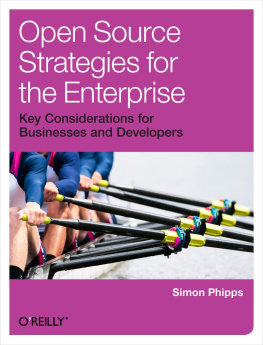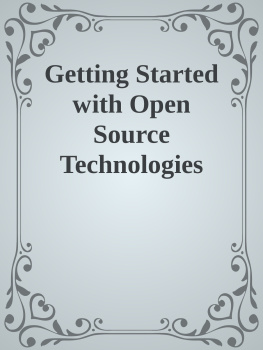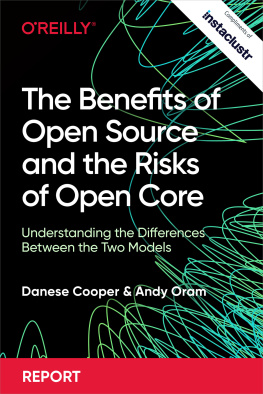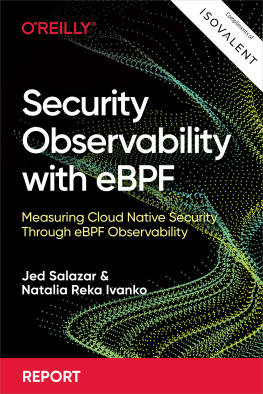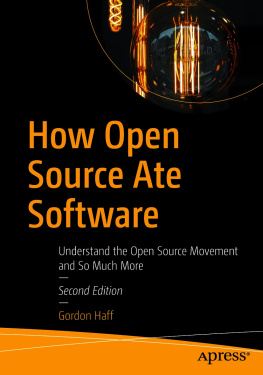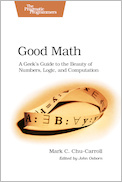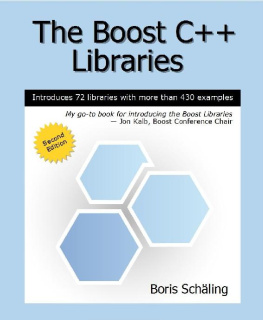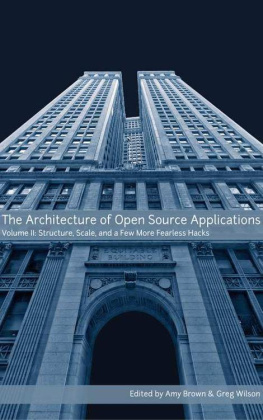To Chris for being my open source mentor and to the entire Koha Community for fostering my love of open source
Foreword
When I first corresponded with Nicole, she was a recent library school graduate working at a law library in Philadelphia. She was already aware of the technical merits of free software (as in freedom) and open source software (FOSS) and had redesigned and built the intranet at her work with FOSS tools. What she was only just learning about was the philosophy behind free software. A functioning free and open source software project is about far more than the program code alone; it is as much about freedom and community as it is about software.
The Free Software project I work on Koha (http://koha-community.org), which is an integrated library system is a good illustration of this community in effect. The fact that a programmer in Poland working for a small monastery can add a feature that makes the lives of the librarians at the Cook Islands National Library better daily is what FOSS is all about. Nicole being a librarian was quick to understand the power of being autonomous and the beauty of a functioning free and open source software project. Indeed one could say the primary function of a librarian is to facilitate the transfer of knowledge, thus empowering their communities, which is the same role free software plays.
In the few short years I have been fortunate to count Nicole as a friend, I have watched her grow from initiate to an integral and indispensable part of a free software project. She runs workshops on open source, gives presentations, blogs almost daily and now writes books on the subject. Her insatiable appetite for knowledge and her desire to make the world a better place make her an excellent teacher; her enthusiasm rubs off on all those around her.
In this book, which is almost like her journey, Nicole takes us through learning what open source is, and tells us what it isnt by examining and debunking some of the more popular myths around it. The book then leads into how libraries can make the best use of open source, with chapters packed full of concrete and real world examples. Each chapter builds on the rest and by the end you will come away with a much deeper understanding of what FOSS is, and why we love it so.
Chris Cormack
Christopher Cormack has a BSc in Computer Science and a BA in Mathematics and Maori Studies. While working for Katipo Communications he was the lead developer of the original version of Koha, which went live at Horowhenua Library Trust on January 5, 2000. Since then he has served various roles in the community as release manager, QA manager and currently translation manager. Christopher believes in free software, and allowing users the freedom to innovate.
About the author
Nicole C. Engard is the Director of Open Source Education at ByWater Solutions. She directs the companys open source education endeavors. In addition to her daily responsibilities, Nicole keeps the library community up to date on web technologies via her website, What I Learned Today (http://www.web2learning.net).
Nicoles interest in library technology started at the Jenkins Law Library in Philadelphia where she worked as the Web Manager. In addition to her web development experiences, Nicole has worked as a Metadata Librarian and librarian trainer. For her innovative uses of technology in libraries, Nicole was named one of Library Journals Movers & Shakers in 2007.
Nicole received her BA in Literary Studies and Computer Programming from Juniata College in Huntingdon, PA, and her MLIS from Drexel University in Philadelphia, PA. She is also an active member of several special library associations.
Nicole has been published in several library journals and has also written chapters for Thinking Outside the Book: Essays for Innovative Librarians and Writing and Publishing: The Librarians Handbook, both edited by Carol Smallwood. In 2009 she published her first edited work, Library Mashups: Exploring New Ways To Deliver Library Data, with Information Today Inc.
.
About the website
This book comes complete with its very own website. The website will be used to keep readers up to date with open source news, book events and updates to software mentioned within.
More importantly, every link listed in this book will be available on the website. This means that you will not have to type every link you find in the following chapters. Simply visit http://opensource.web2learning.net and click the live link there.
.
Acknowledgements
No book is written without the support of many. Id first like to thank Chris Cormack for introducing me to the world of open source; without him this book would have been written by some other librarian.
Id also like to thank the entire open source library community; without your contributions and help this book wouldnt be the useful guide that I now think it is. Lastly, I thank my husband, Brian, for his support while I spent endless nights and weekends researching and writing.
Introduction
My introduction to open source software came from one of the original developers of the Koha (http://koha-community.org) open source integrated library system, Chris Cormack. It was for this reason that I asked him to write the foreword for this book, so that he could see how much he taught me and share in educating future librarians about the true nature of open source software.


